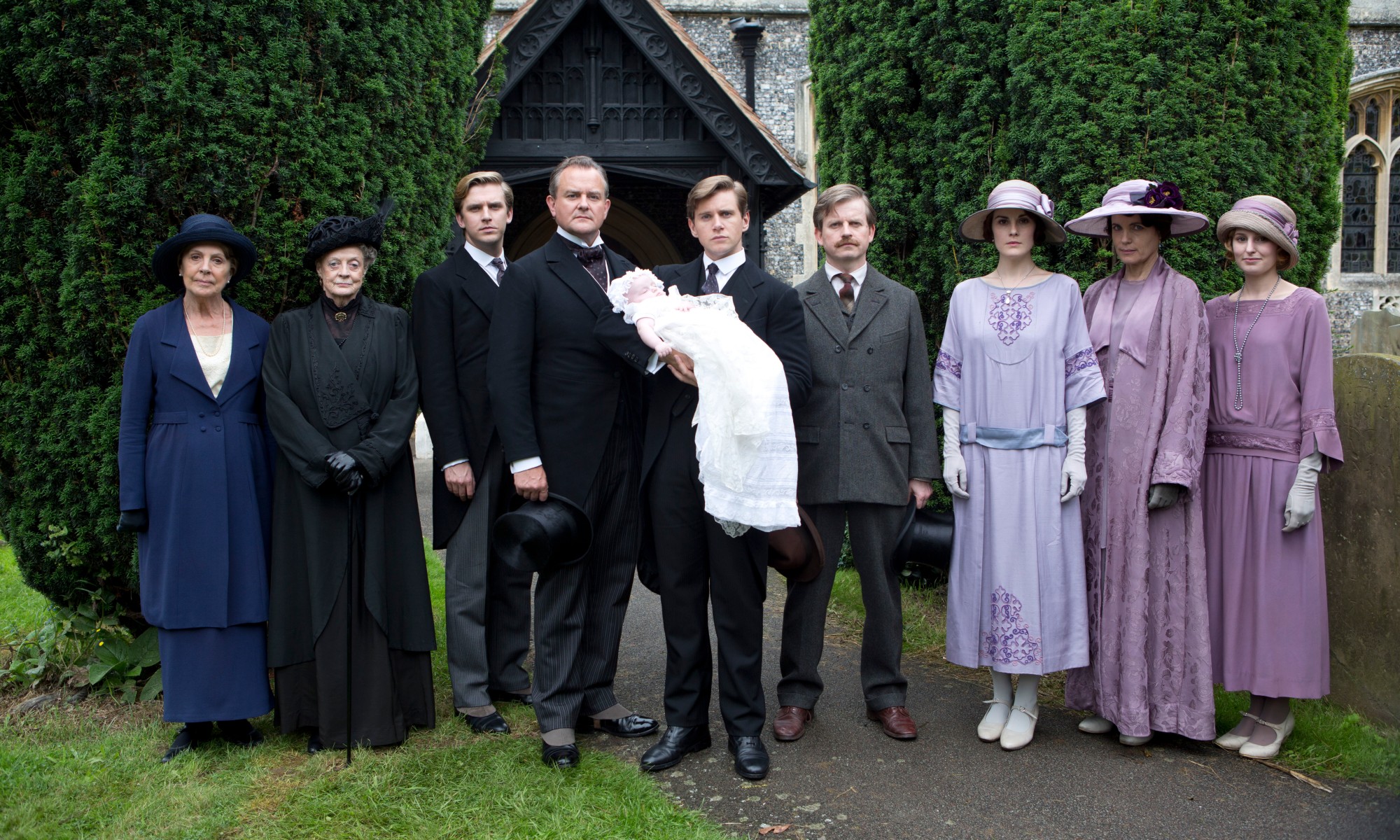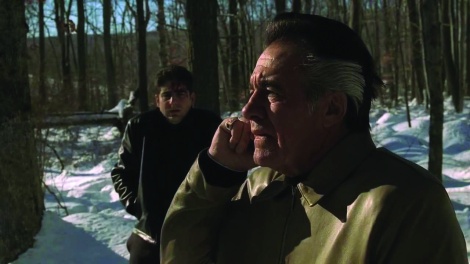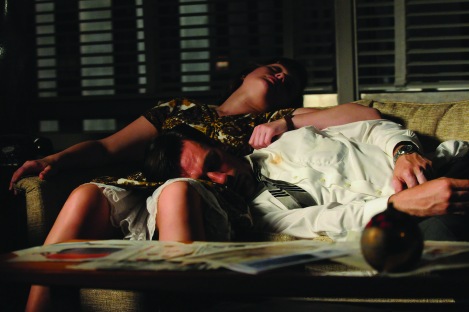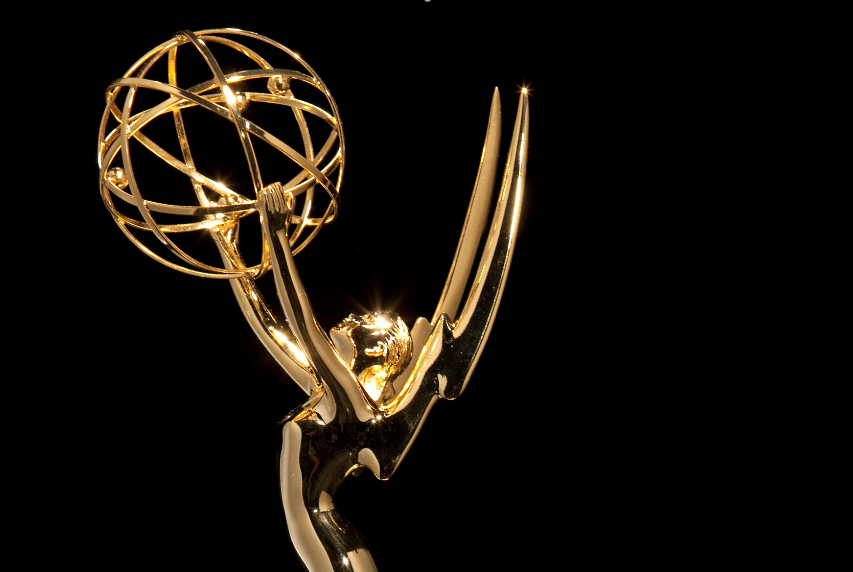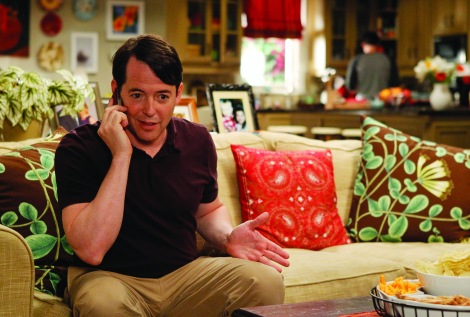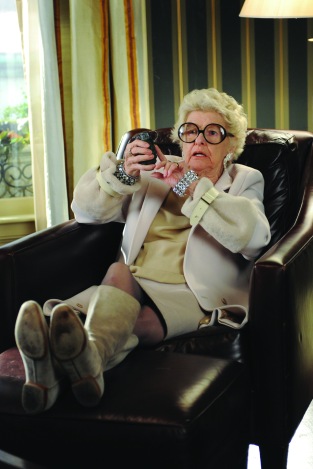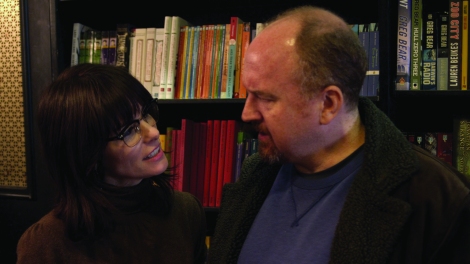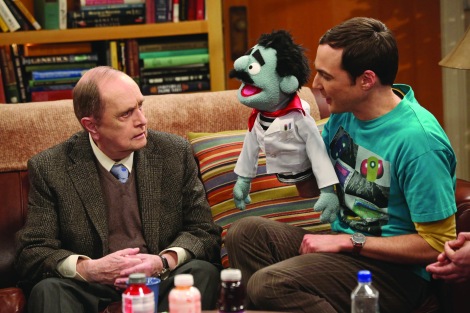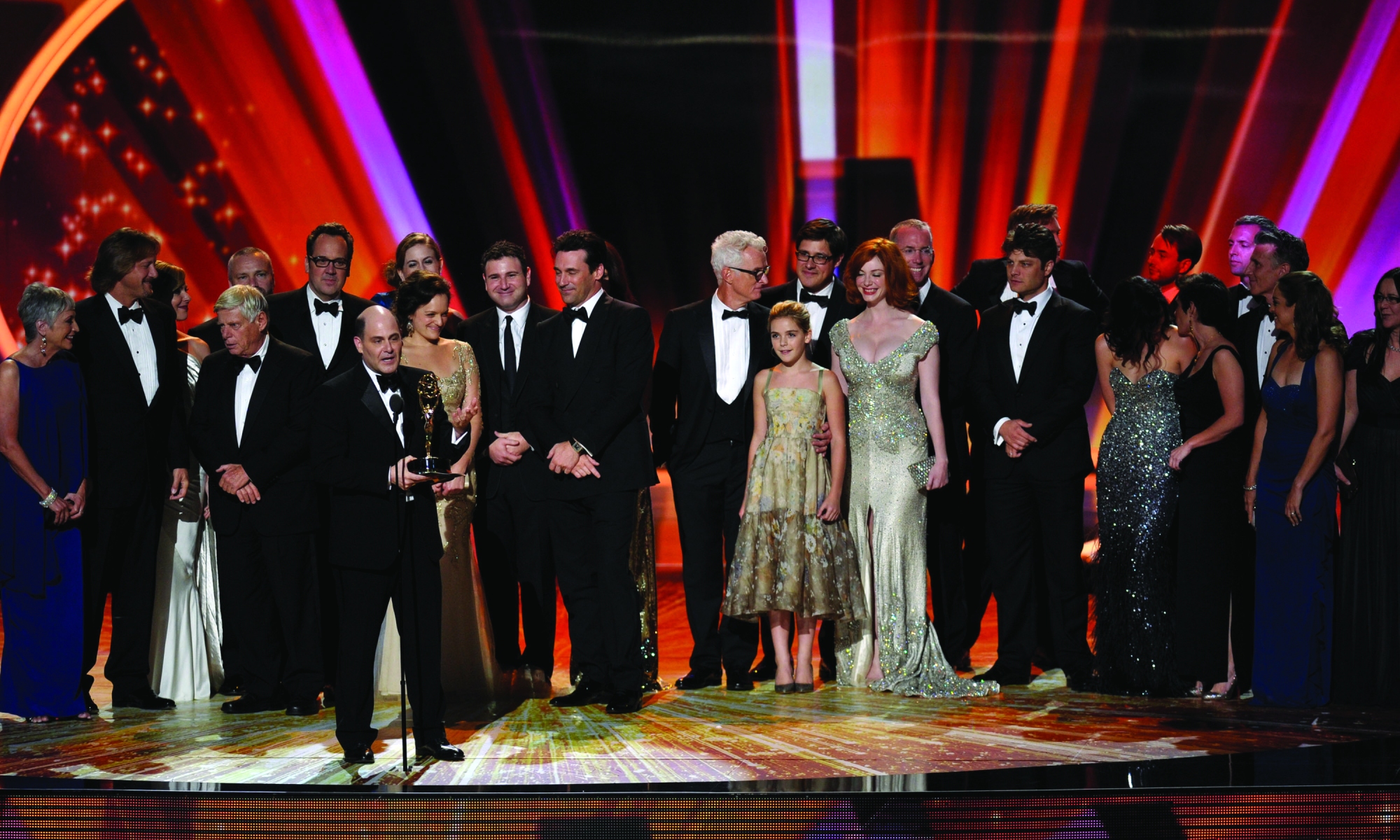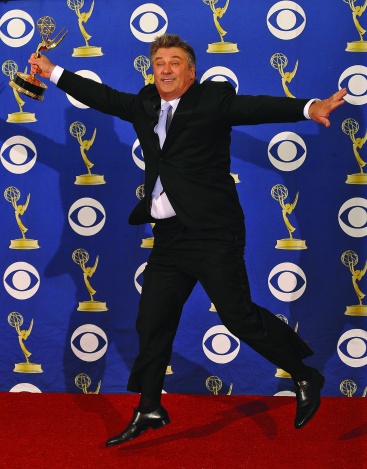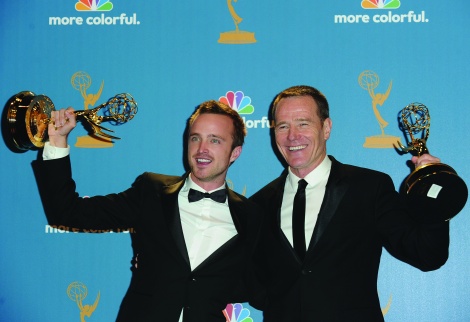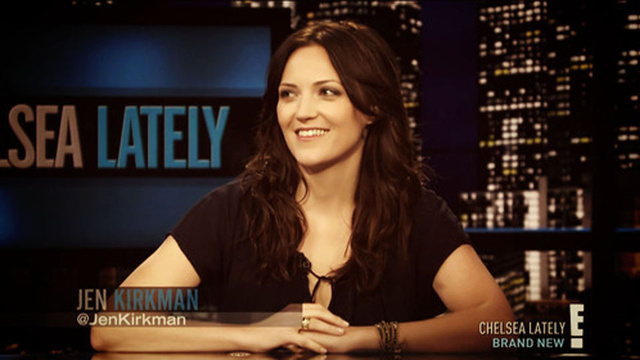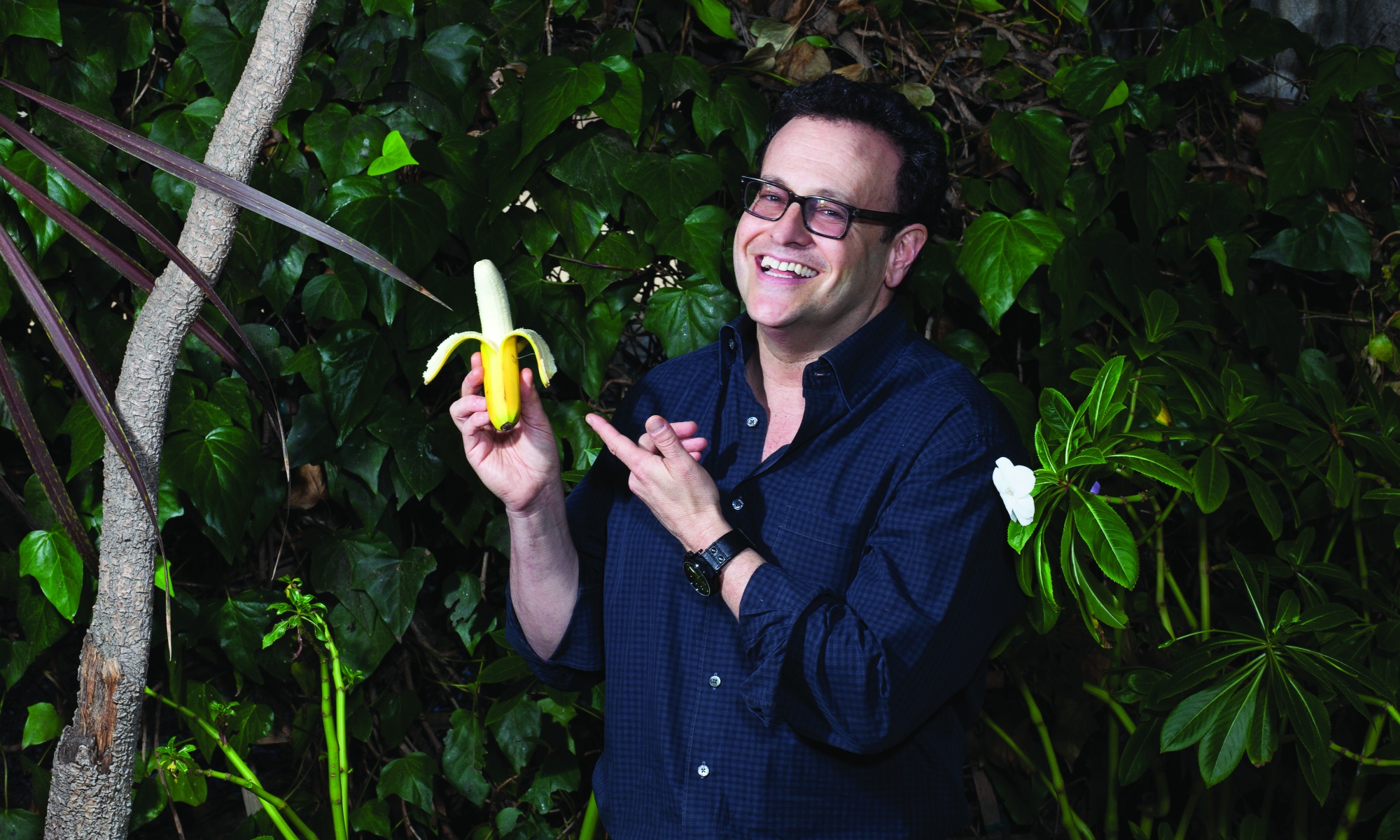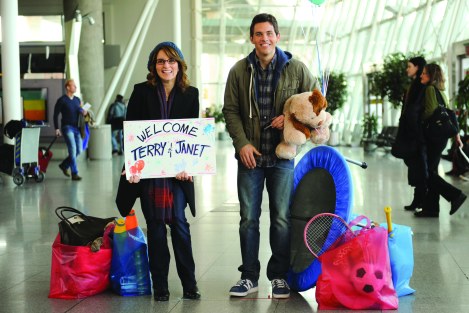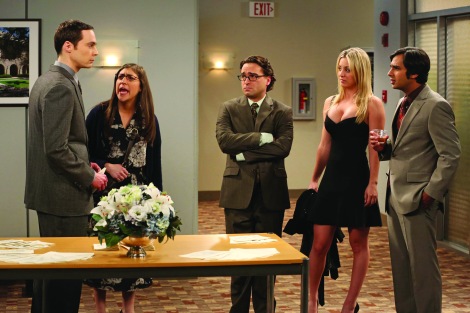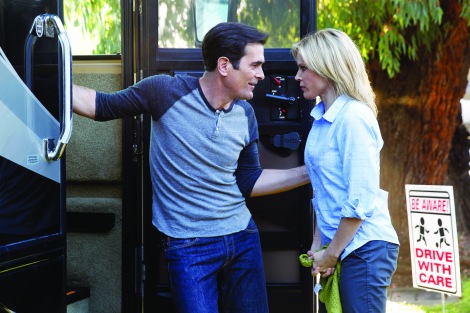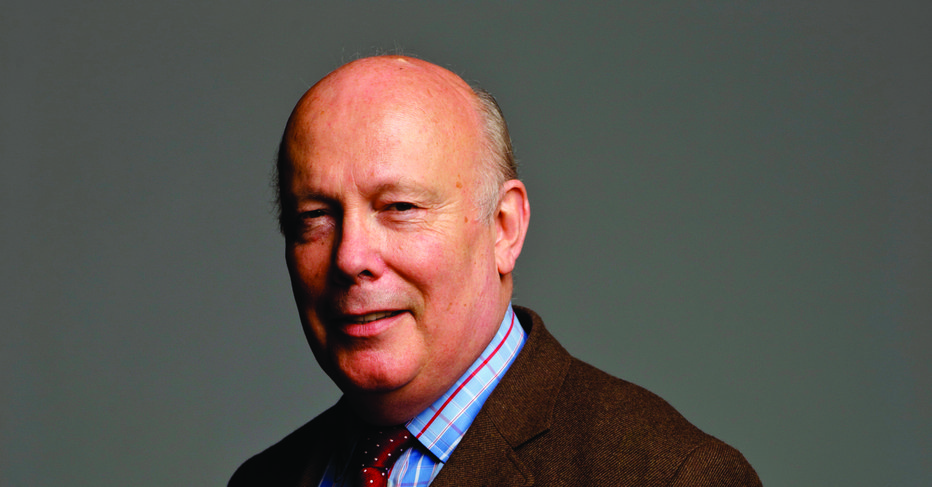Diane Haithman is an AwardsLine contributor. This story appeared in the June 19 issue of AwardsLine.
What two popular TV show titles are least likely to occur in the same sentence?
There is no single answer, but British producer Gareth Neame was decidedly taken aback when a family member came up with this combo: “We used to have Dallas. Now we have Downton. ”
“Downton” is, of course, the PBS Masterpiece hit Downton Abbey, the sprawling saga of the fabulously wealthy Crawley family, unfolding at the family’s English country estate. And “Dallas” is, well, Dallas (1978-1991) CBS’ soapy saga of Texas oil baron J.R Ewing, set on the lavish Southfork Ranch.
While the worlds of feathered bonnets and 10-gallon hats couldn’t seem more different, Downton executive producer Neame says the comparison confirmed what he’d been thinking when he proposed the series to creator-writer Julian Fellowes: Once again, there is room for the nighttime soap on the TV landscape.

As in the era of Dallas—which spawned Dynasty, Falcon Crest and Knots Landing—the primetime soap has surged in popularity with viewers. Along with the crown jewel Downton Abbey, witness the appearance of new and glamorous multigenerational sagas including ABC’s Nashville and Revenge. To prove the point, there’s even
a new Dallas on TNT, with some of the original stars
including Linda Gray and Patrick Duffy (J.R.’s “good” brother Bobby) returning to ruin each other’s lives for
a new generation of viewers.
Neame adds that the evening soap is going through a revival in TV development as well: While the producer says that he and Fellowes have not been inundated with requests to create another Downton, “I certainly know that of pitches that have been (made) in the last year, nine out of 10 say: ‘It’s a bit like Downton…’” (For the record, Fellowes and Neame are currently in development on The Gilded Age for NBC, a similarly highbrow soap about New York’s real-life wealthy families in the 1880s.)
Neame says his Downton inspiration was the Masterpiece series Upstairs, Downstairs. (The original series ran from 1971-75). But to make such a soap work for a young generation, he believes, it needs the fast pace pioneered by Dallas. “We throw every other scene away. We do in three scenes what would take six in a traditional soap.” He adds that the series focuses on the technology advances of its historical period (1910-1920s) to highlight the similarities between Downton times and contemporary life. “For them, it might be electricity or a motorcar or a new toaster or something. For us, it’s the latest Apple product,” he observes.
Of course, even when geared to a younger audience’s taste for a fast pace, it’s unlikely that Downton or any other TV soap will capture an audience as big as Dallas did. On Nov. 21, 1980, 83 million people in the U.S. alone tuned in to find out who shot J.R. Ewing. That’s more people than voted in that year’s Presidential election. Loraine Despres, writer of the episode, recalls that show producers were so paranoid about the secret leaking that they filmed multiple endings in which J.R. was shot by just about everybody. (The second-choice shooter after J.R.’s sister-in-law Kristen Shepard was J.R.’s alcoholic wife Sue Ellen, played by Gray). It’s unlikely any primetime soap will ever match those kinds of numbers again.
Still, Downton seems to have spawned a raft of hopeful imitators —the most obvious being Masterpiece Classic’s own series Mr. Selfridge, starring Jeremy Piven as real-life department store entrepreneur Harry Gordon Selfridge. Downton producer Rebecca Eaton has stresses the differences between the two shows: Downton is pure fiction, whereas Selfridge is based on a real-life character. But all one has to do is look at the costumes to see that both shows are cut from the same expensive cloth.
For his part, Fellowes doesn’t mind the phrase “soap opera.” “When I hear it, I don’t want to reach for my gun,” the British producer says. “That’s why we call it soap opera in real life—‘Oh, darling, have you heard the latest in the soap opera’—because that sort of succession of dramas is what life is. Life is solving problems, and then you die.” Family feuding is also key to the proceedings, whether it’s the fights of the Ewings, the drama of Downton Abbey’s Crawley clan or havoc in the Hamptons on Revenge.
Despres quotes Dallas producers in outlining the key to that soap’s success: “If you don’t like your neighbor, it’s conflict. But if you don’t like your family, it’s drama.”
Probably because it’s named after a Southern city and highlights cowboy chic, ABC’s Nashville, created by Callie Khouri, gets the inevitable comparisons to Dallas. Khouri, however, is more likely to invoke Downton in describing her show.
“I’m addicted to Downton Abbey, “ Khouri says. “In some ways, the comparison would be that we’re going into a very rarified world where there’s both privilege and ambition, and you are watching your characters deal with problems at both ends of the spectrum.” She adds that Nashville strives to depict reality even amid the glamour. Despite the rivalry between veteran singer Rayna (Connie Britton) and pop-country princess Juliette (Hayden Panettiere), you’ll never see a “Who Shot Rayna?” episode, Khouri says. “They are two women in a very competitive world. They have their differences, but it’s not something you wouldn’t see in real life. “
Patrick Moran, senior vice president of creative development at ABC, has his own theory about why the soapy Downton, Nashville and that network’s Revenge are capturing the public imagination: Viewers’ general procedural fatigue.
“Trends come and go,” Moran says. “Just as for a while there was an appetite for that kind of show, with CSI and all its spinoffs, and NCIS and Cold Case, I wonder if the audience was just craving something different.”
Moran says that maybe today’s Wall Street has something to do with the zeitgeist of Downton Abbey, Revenge or Nashville. “These kinds of shows, Revenge in particular, are about the haves and the have-nots,” he says. “We are culturally sort of experiencing class distinction. I think those conversations are going on.”
Fellowes says finding skeletons in the closets of the super-rich provides “a double element of wish fulfillment. These people are very rich and have pretty houses, and they spend a lot of time having lunch,” he says. “We tend to think, ‘Blimey, it’s all right for some!’ But by going into what’s wrong as well as what’s going right, they get the sense of seeing the beautiful setup and the lovely clothes, but also sort of a relief that they’re not part of it.”
Despres points out that any trend in TV starts with one hit show. “I wasn’t a network executive; I wasn’t in those meetings. But if a show’s a success, they copy it,” she says.
Despres also wrote for Falcon Crest (1981-1990), the third in the primetime serial kingdom that included Dallas, Knots Landing (1979-93) and Dynasty (1981-1989). Set in the California wine country, Despres explains that producers’ instructions to the writers were simple: “Just make them richer than Dallas.”

